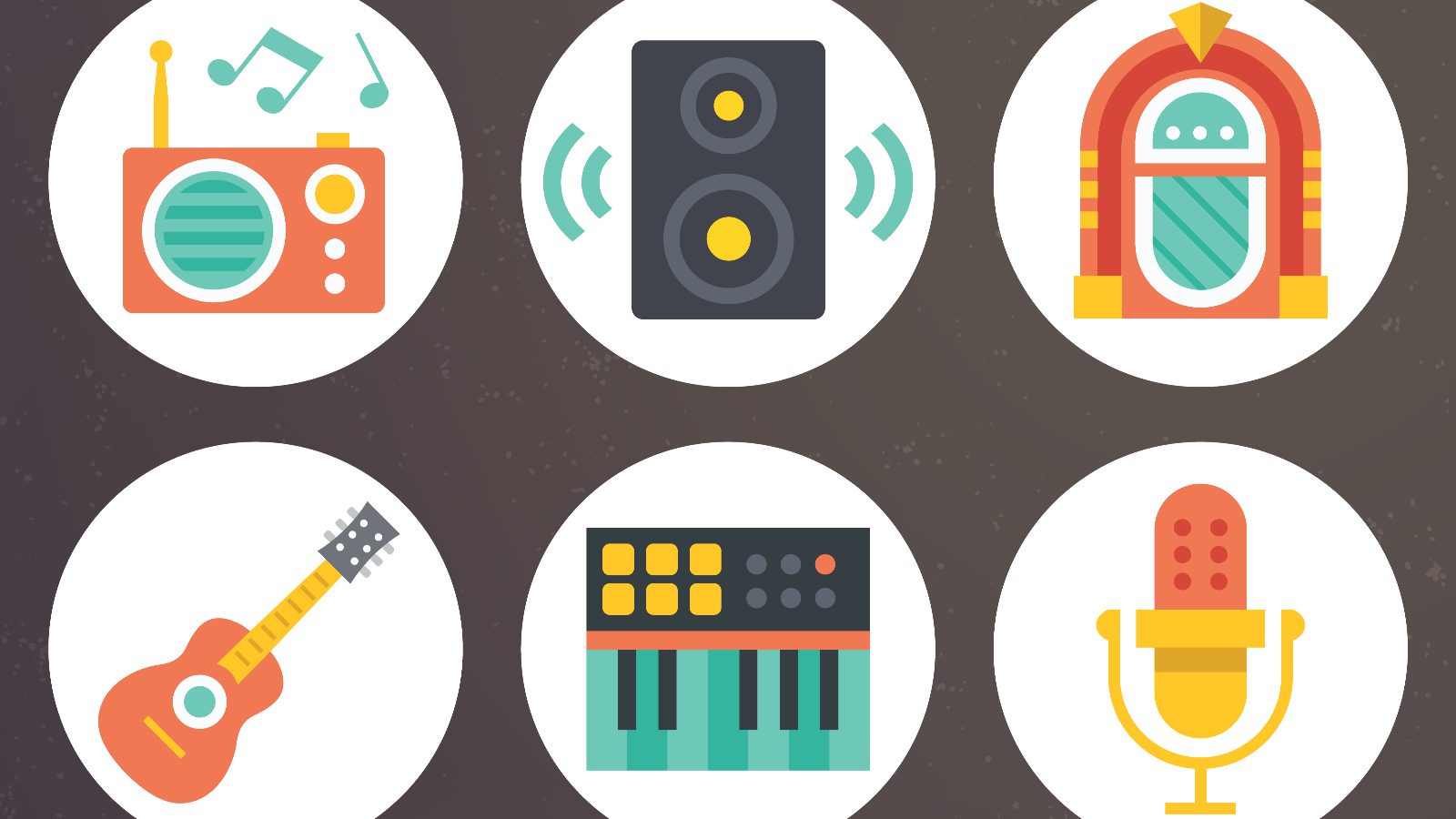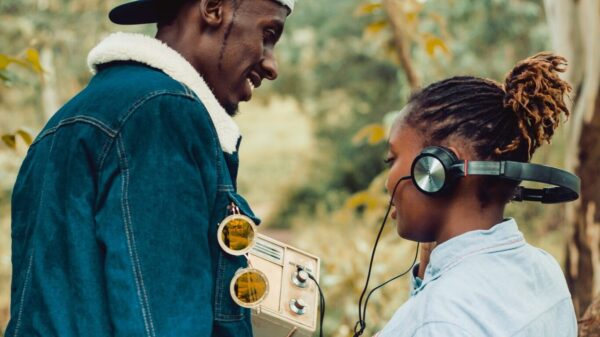Taylor Swift just released a never-before-heard song that she originally recorded back in 2008. It’s all part of her current project, re-recording her past six albums as “Taylor’s versions.” For the Swifties out there, you’ll be excited to hear brand new versions of the old songs as well as six songs “from the vault.” Fans are excited to support the country-turned-pop-turned-indie star. They can hear the subtle variations as the now matured singer sings old favorites like “Love Story” once again. But a lot of people are wondering why she’s going through all of this trouble. Well, it’s a long story.
Master recordings
A few months ago, Bold TV reported on Kanye West’s rant against the music industry. Well, it turns out that Ye and Taylor actually have something in common: They signed away their masters! Masters are the original song files that musicians record. That’s usually what you hear on the radio, Spotify, commercials, and movies and TV. Basically, when you sign with a major label, you are often signing away ownership of your song.
Ownership of masters means you have control over the original recording of a song or album. Owners of popular songs can make a lot of money licensing them to advertisers, filmmakers and even re-releasing them to fans. They also can sell the masters altogether for a profit, and some people even buy recording masters as an investment opportunity. Back in the day, Michael Jackson actually bought The Beatles’ masters, ruining his friendship with Paul McCartney.
That’s essentially what happened to Taylor Swift. Music mogul Scooter Braun bought Swift’s old label Big Machine and, with it, the master recordings of her first six albums. This event caused a huge rift. She tried to repurchase them but had no luck, and now Braun has sold those rights to an investment fund. So, Swift took things into her own hands. She can’t stop Braun from profiting on her masters. But, by re-recording the songs that she wrote, she owns the rights to the new recordings.
Lessons for young musicians
The music industry is a business. Music may come from the heart and soul and creativity, but you have to be savvy with your money and negotiating to succeed. That’s not to say Kanye or Taylor is to blame for the situations they are in. In fact, most musicians sign these kinds of contracts because they’re the only kind of contracts labels make! They want to make as much money as they can – for as long as they can – from musicians’ art. That’s why some big names like Chance the Rapper and Frank Ocean have refused to sign with music labels. There are benefits to signing to a label, such as more exposure, more money and, in some cases, more support. But ultimately, the best way to own every aspect of your music is to be an entrepreneur and treat your music like your business.
Are you excited that Swift is re-recording her old classics?
Update: on Mar. 16 at 12:15 p.m., changed headline from “Taylor Swift Re-Recording Fearless: This Is Why She Did It” to “Taylor Swift Re-Recording Her Music: This Is Why She Did It.”


























